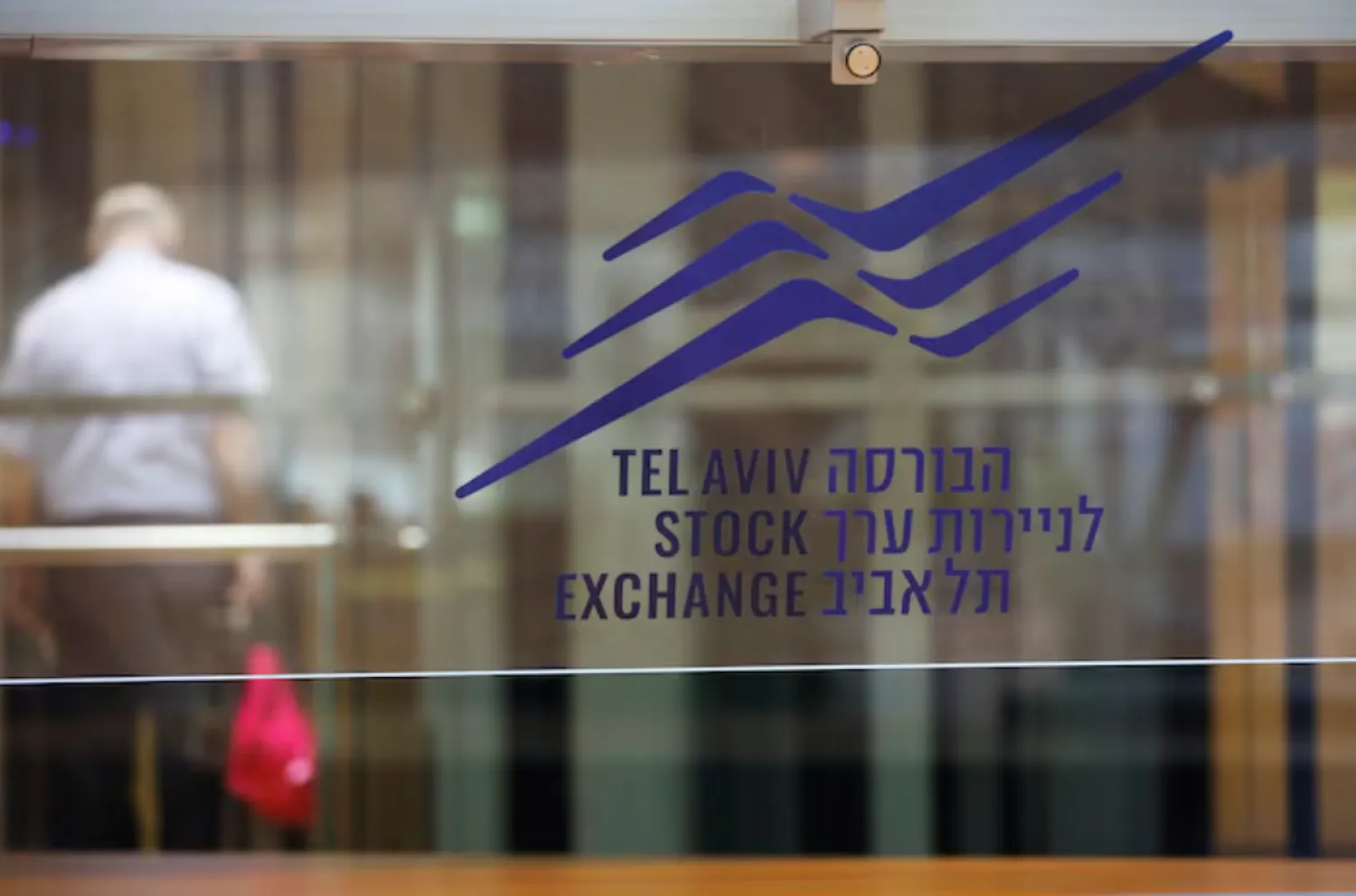Israeli stocks hit record highs on Sunday after the US attacked Iran's nuclear sites in strikes investors believe would likely prevent Tehran from developing nuclear weapons anytime soon.
The broad Tel Aviv 125 index closed 1.8% higher, extending gains to nearly 8% the past week, while the blue-chip TA-35 gained 1.5%.
On the heels of Israeli strikes in Iran, shares rose during all five sessions last week, gaining some 6%, as Israel hit Iranian nuclear and military targets prior to Saturday's surprise US attacks, Reuters reported.
"The destruction of Iran's key nuclear facilities by the US military is, of course, a positive development ... in terms of improving the regional security environment and reducing Iran’s military and nuclear capabilities," said Mizrahi Tefahot chief markets economist Ronen Menachem. "It's a game-changer."
Israel began its punishing attacks on Iranian nuclear facilities, ballistic missile factories and military commanders on June 13, which have been met with retaliatory Iranian strikes against Israel.
US President Donald Trump said he had "obliterated" Iran's main nuclear sites in strikes overnight with massive bunker busting bombs, joining an Israeli assault in a significant new escalation of conflict in the Middle East.
Tehran vowed to defend itself, and responded with a volley of missiles at Israel that wounded scores of people and destroyed buildings in Tel Aviv on Sunday.
In addition to gains in shares, government bond prices have risen, the shekel has appreciated and Israel's risk premium has edged lower.
Bond prices increased as much as 0.2% on Sunday. The shekel does not trade on Sunday but it has rallied from 3.61 per dollar on June 11 to 3.48 on Friday and is up some 1% this month.









